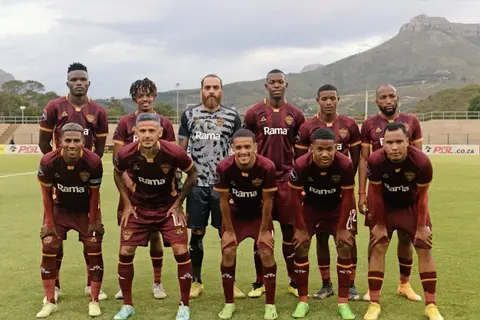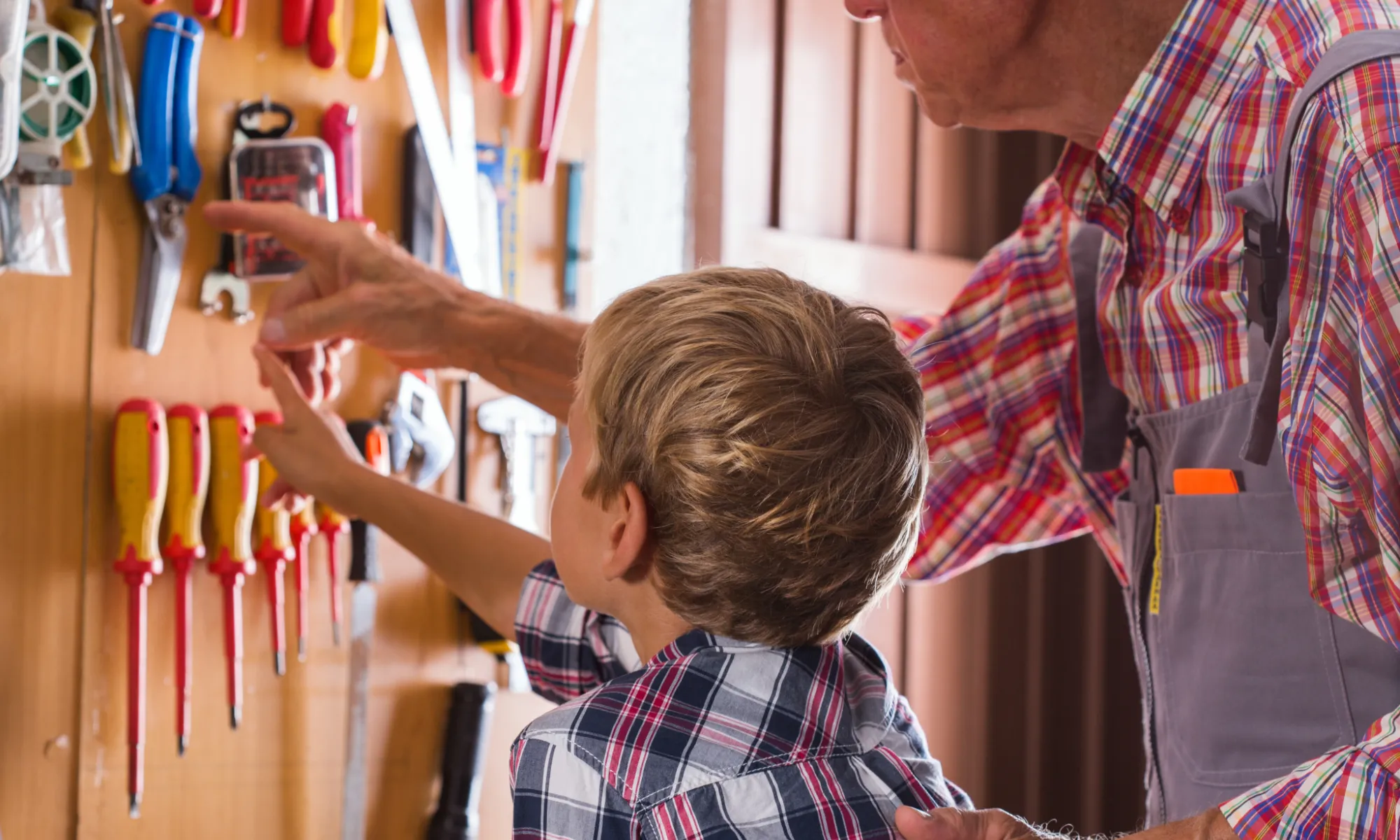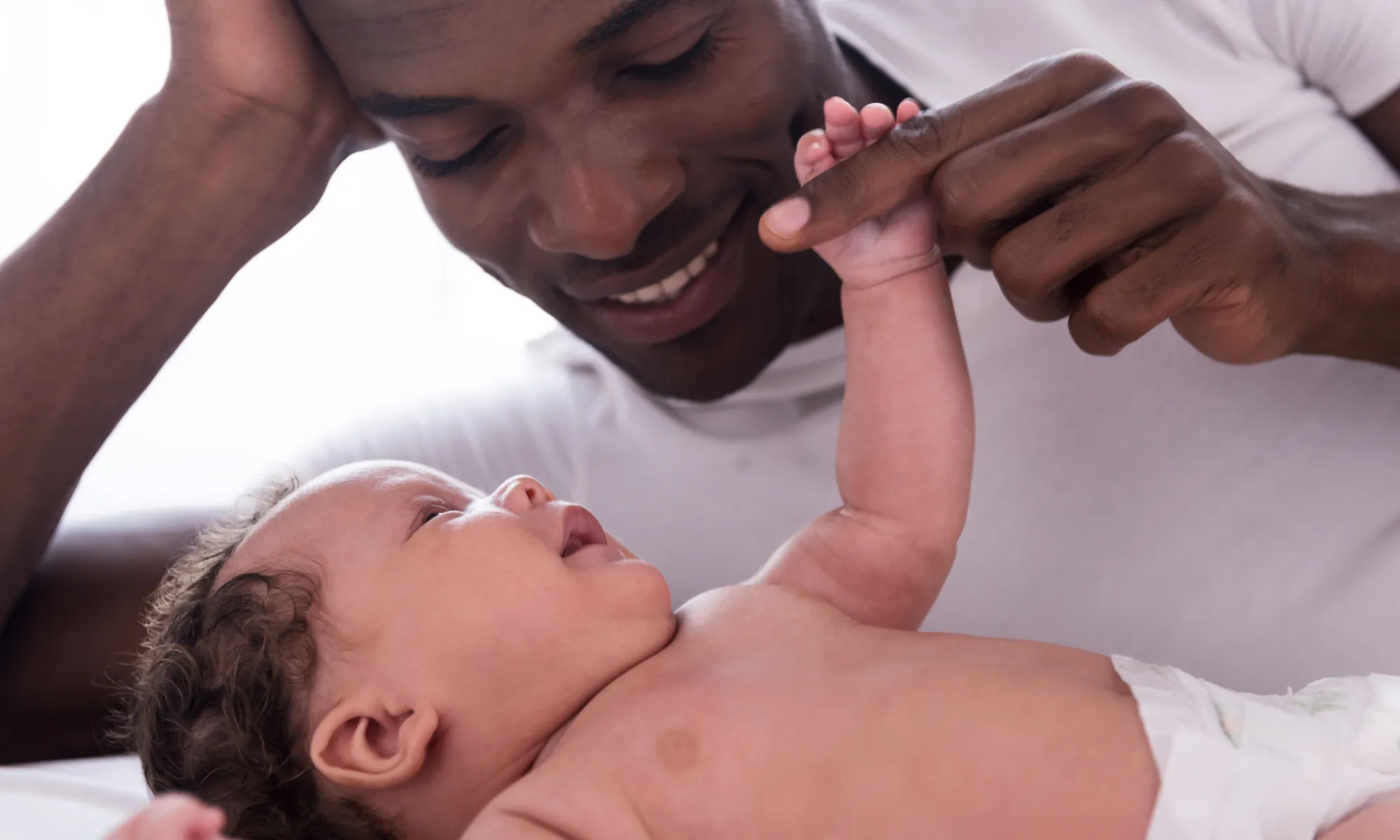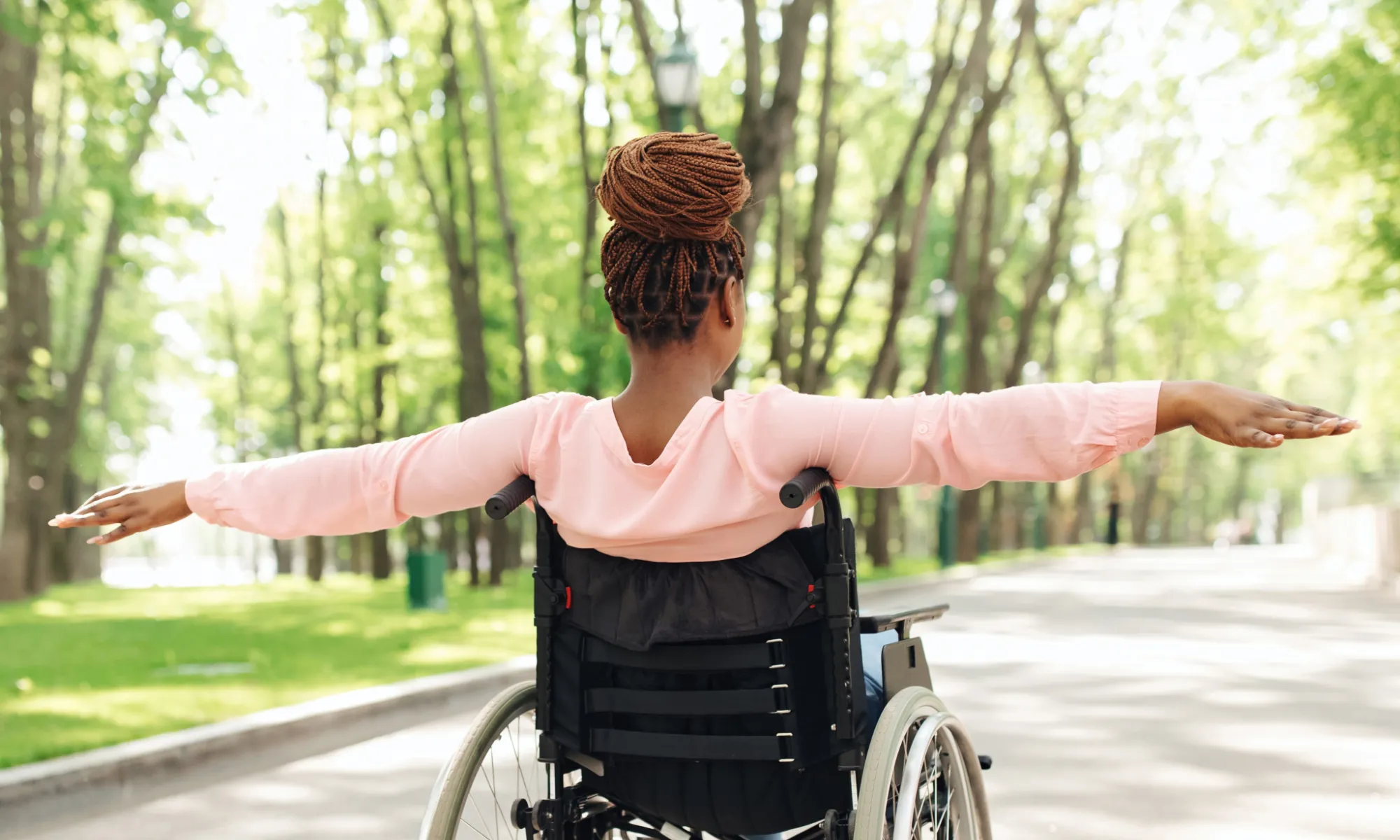When your father seems like a different man as a grandfather
Being a father , Discipline , Father Wound , Grandfather vs fatherNo two generations of fathers raise their children in quite the same way, because each generation lives within its own historical and cultural context and responds to different pressures and possibilities. For Andile, becoming a father opened his eyes to how much parenting changes and how much of it remains tied to what came before.
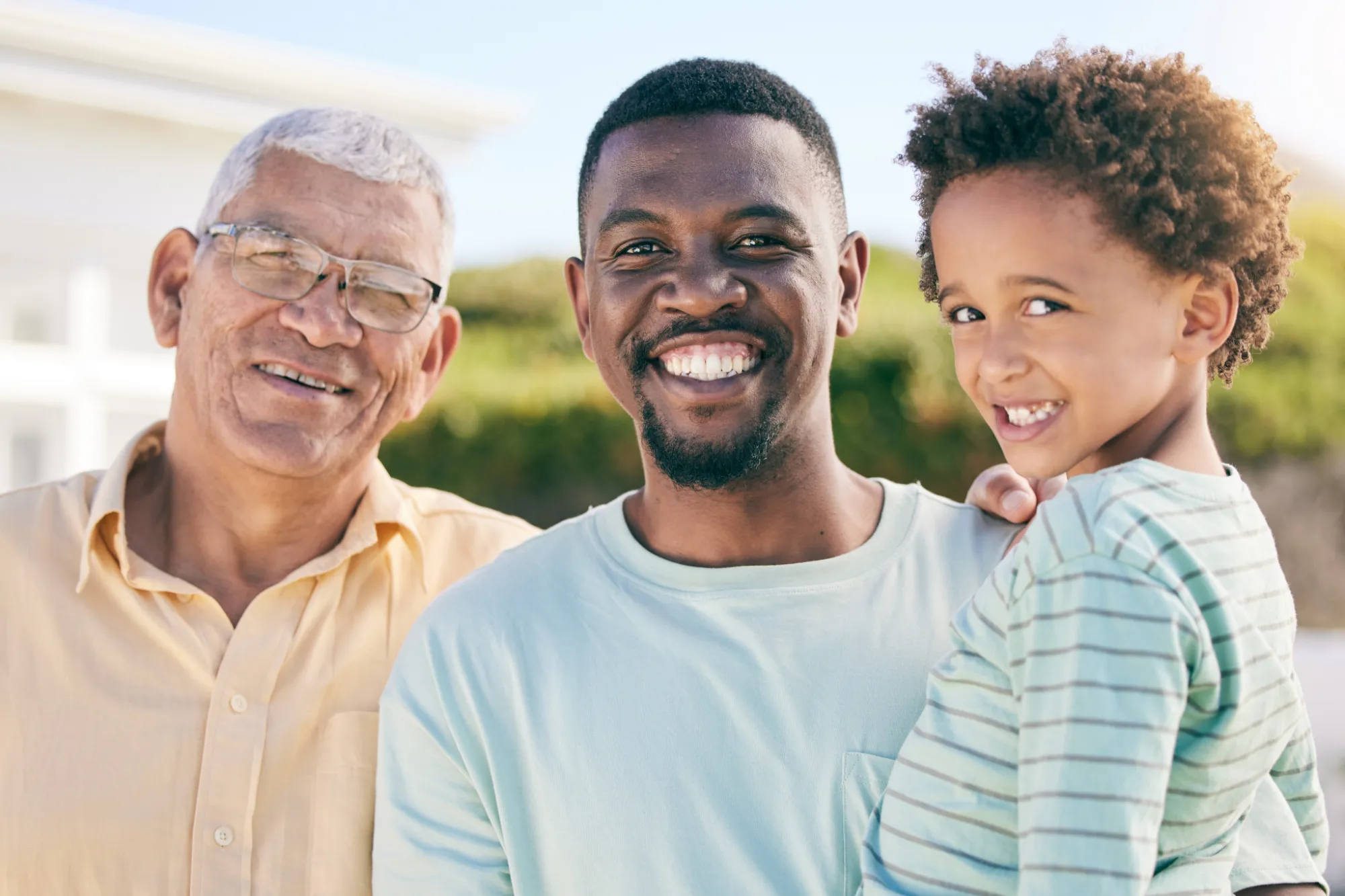
When Andile remembers his childhood, he thinks back to growing up in a household built around rules and clear expectations, where his father’s presence meant order and reliability. “My father, when I was growing up, was present,” he says. “But he’s old school in the sense that he was a strict disciplinarian and came from an age where children were to be seen and not heard.”
At home, conversations tended to be brief because instructions were expected to be followed without debate, and those expectations shaped daily life. “You couldn’t talk back. You were told what to do and that was it,” he recalls. His father believed that discipline and authority built character, and that belief guided how he raised his children. Andile now recognises that this way of parenting came from a kind of care that was practical and protective, even when it wasn't shown through warmth or words.
Over time, Andile began to understand the roots of his father’s approach and how deeply it had influenced him. “My relationship with him at the moment is not the best it can be,” he admits, “but becoming a father myself helped me begin to understand where he came from”.
Seeing change through another generation
Watching his father transform into a grandparent has given Andile a new perspective on why his father is the person he is. The man who once insisted on quiet and obedience now laughs easily, plays with his grandson, and allows himself to be more relaxed in ways that would have surprised the younger Andile.
“I see a huge difference in the way he shows up as a grandfather to his grandson, who is my son,” Andile says. He describes that change as both beautiful and painful, because it shows a gentleness he did not receive as a child. “It kind of hurts because my father as a grandfather is the father that I wish I had,” he shares. “They have a lot of fun together. They laugh a lot together, and I wish I could have done the same with my dad.”
Seeing his father with his son has also helped Andile to contextualise his father’s earlier behaviour and begin the work of reconciliation. “It’s also part of the time that he grew up in, as well as the way he was fathered,” he reflects. “So I’m trying to reconcile the two and move beyond that.” Those moments between father and grandson show Andile how relationships can change and how new patterns can grow, even late in life.
A new approach to being dad
Becoming a father gave Andile the chance to choose which of his father’s lessons to keep and which to reshape for a different outcome. He wants his son to experience discipline and boundaries while also feeling emotionally supported and heard.
“I’ve adopted a softer approach to parenting,” he says. “I definitely will not be handing down the same corporal punishment I received from my father to his grandson, who is my son.” That decision is an intentional adaptation rather than an outright rejection of everything he learned. “I appreciate how disciplined my dad was, and I do definitely want to pass that on,” he explains. “I just think that the method I will use will be vastly different.”
For Andile, being a father now means showing up with time, attention and patience as much as with material provision. “Having a dad who was around, who was able to provide, is something I value,” he says. “But I want provision to be more than just the financial aspect of it.”
He wants his son to grow up in a home where guidance and listening go hand in hand. For Andile, fatherhood is not about getting everything right but about steady effort, thoughtful choices and the courage to parent in a way that helps nurture the next generation without trauma.
Emotionally present fathering
Andile’s experience shows that the next chapter of fatherhood is written by choosing how to carry the good parts of the past forward while changing the parts that caused harm. His father taught him the value of staying the course, together with responsibility and stability. Andile has chosen to layer those values with compassion, communication and emotional availability as he parents his child.
“I understand that the way my father parented was shaped by the time he grew up in and the way he was fathered,” he says. “But I want my son to experience something more, a relationship that’s open, connected and filled with love.” Each father writes his own chapter, and Andile’s contribution to that story is one of reflection, growth and the deliberate act of loving differently so the future can look different.

David Nyland
David is a sensitive and intuitive copywriter with experience in marketing and advertising. He has a passion for crafting compelling content that resonates with audiences.
Featured
